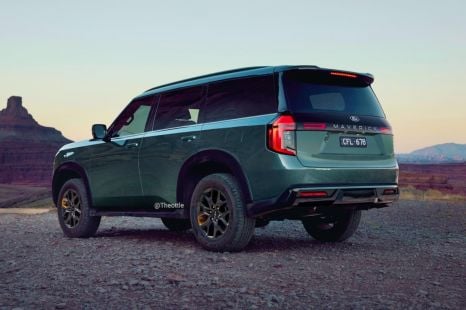

Ben Zachariah
Move over, Patrol: New-era Ford Maverick SUV imagined
1 Hour Ago
Mercedes-Benz has provided a clearer look at its upcoming electric concept that promises over 1000km of range.

News Editor


News Editor
Mercedes-Benz has teased its Vision EQXX concept car, which promises over 1000km of electric range.
The world premiere will be in 2022, with Mercedes-Benz saying learnings from the project will potentially be adapted for use in its upcoming electric vehicle architectures.
In addition to that lofty range figure, Mercedes-Benz is targeting a single-digit kilowatt-hour per 100km figure for highway driving, or around 6 miles (9.65km) per kWh.
The development team includes members of Mercedes-Benz’s F1 High Performance Powertrain (HPP) division.
Previewed in silhouette in 2020, the new teaser image shows the front of the Vision EQXX.
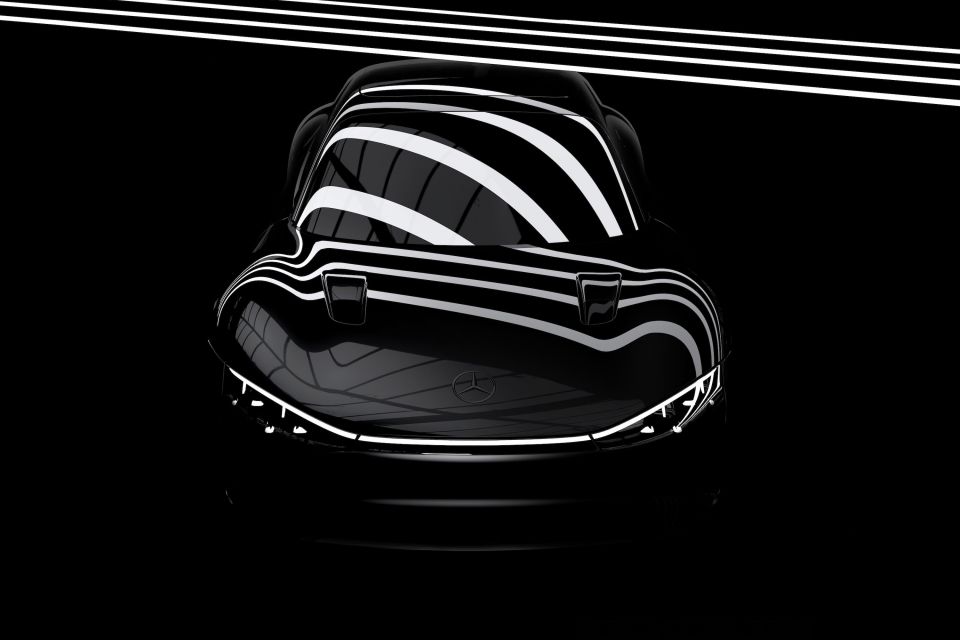
It’s curvaceous and boasts bulging fenders and a minimalist front end with a full-width LED daytime running light.
Rather than simply wedging a massive battery into the svelte concept, Mercedes-Benz has indicated it’s focusing on weight savings and aerodynamics to achieve its goals.
Expect a raft of aerodynamic tricks to get the drag coefficient as low as possible, potentially as low as the 0.19 figure of the 2015 Concept IAA with which it appears to share a similarly sleek four-door coupe profile.
The upcoming EQS has a drag coefficient of 0.20.
During the preview of the vehicle last year, two presentation slides read “Beijing to Shanghai on one charge?” as well as “Stuttgart to Nice on one charge?”
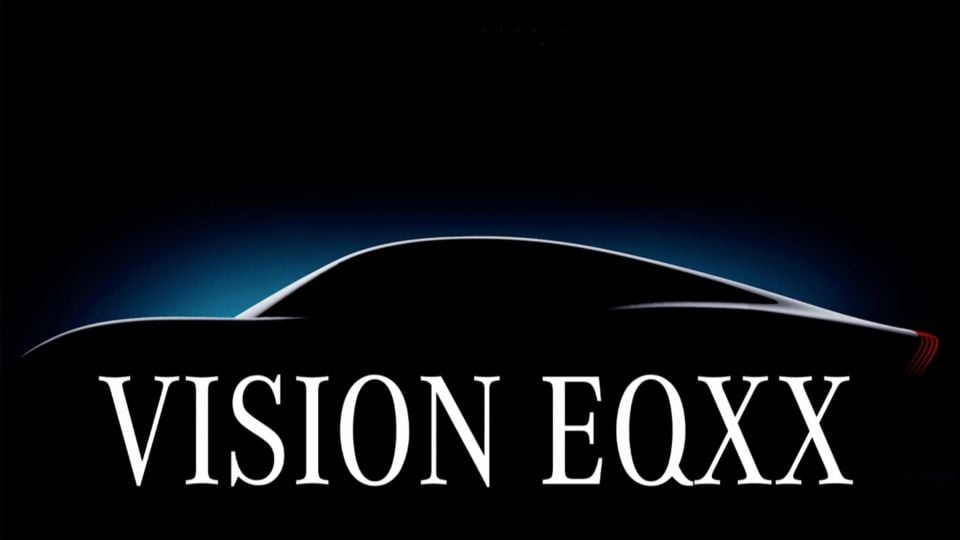
A quick search on Google Maps reveals a road trip from Shanghai to Beijing is 1214.3 kilometres, and would take just over 12 hours.
Stuttgart to Nice, while not quite as long a trip, is an 814-kilometre journey that would take a little over nine hours.
The second teaser comes as Mercedes-Benz has announced its accelerated electric vehicle development plans.
The German automaker announced it’s “getting ready to go all electric by the end of the decade, where market conditions allow”.
It’s unclear which markets the company is thinking of. Clearly Norway, with its heavy incentives that actually make EVs cheaper to buy and run than conventional cars, will be one of the first territories to go all-electric.
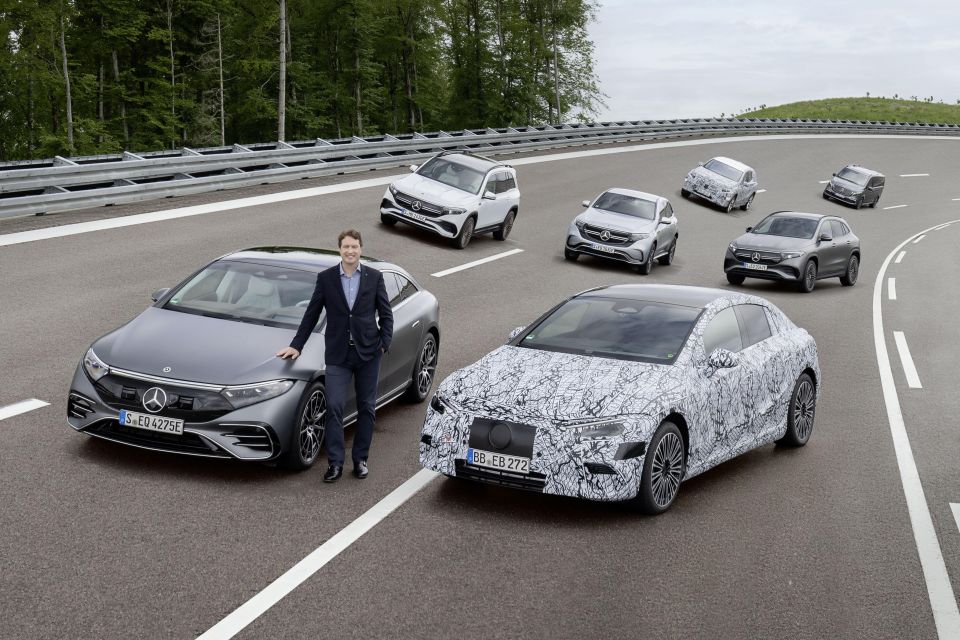
Recently, the European Union announced plans to effectively ban petrol, diesel and hybrid vehicles by 2035.
To make this transition possible, the automaker now plans on spending €40 billion ($64 billion) between 2022 and 2030 on EV technology, platforms, and vehicle development.
From 2025, Daimler will launch three all-electric architectures: MB.EA for all medium to large vehicles, AMG.EA for performance cars, and VAN.EA for light commercial vehicles.
Daimler will also buy YASA, a British company that specialises in high-performance axial flux electric motors, and intendeds to build eight new battery factories.
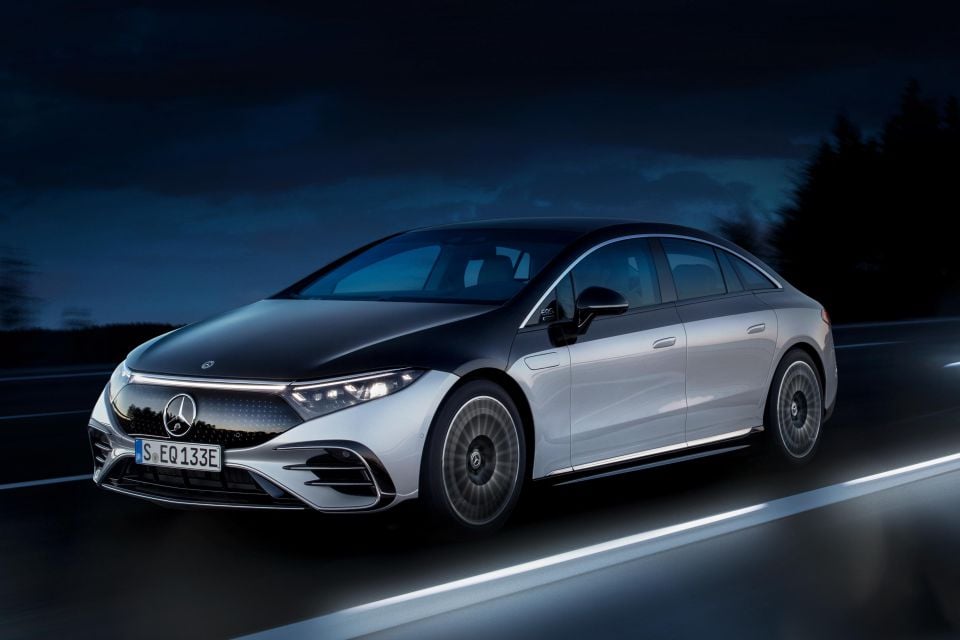
“The tipping point is getting closer and we will be ready as markets switch to electric-only by the end of this decade,” Ola Källenius, Daimler’s CEO, said in a prepared statement.
“This step marks a profound reallocation of capital. By managing this faster transformation while safeguarding our profitability targets, we will ensure the enduring success of Mercedes-Benz.”
Where expert car reviews meet expert car buying – CarExpert gives you trusted advice, personalised service and real savings on your next new car.
William Stopford is an automotive journalist with a passion for mainstream cars, automotive history and overseas auto markets.


Ben Zachariah
1 Hour Ago
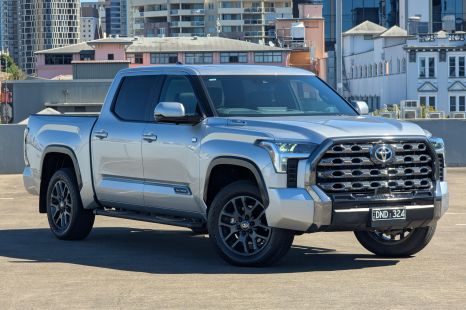

Damion Smy
2 Hours Ago
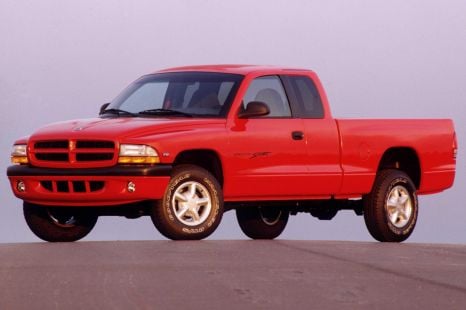

Derek Fung
3 Hours Ago
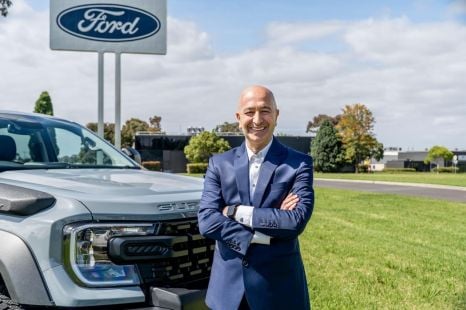

Ben Zachariah
3 Hours Ago
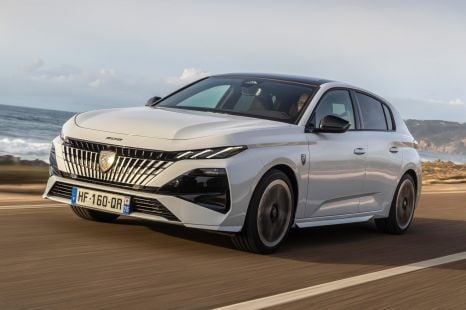

Matt Robinson
9 Hours Ago
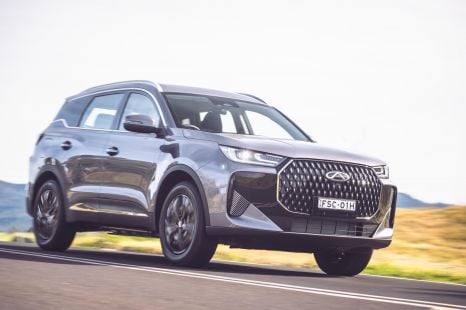

CarExpert.com.au
18 Hours Ago